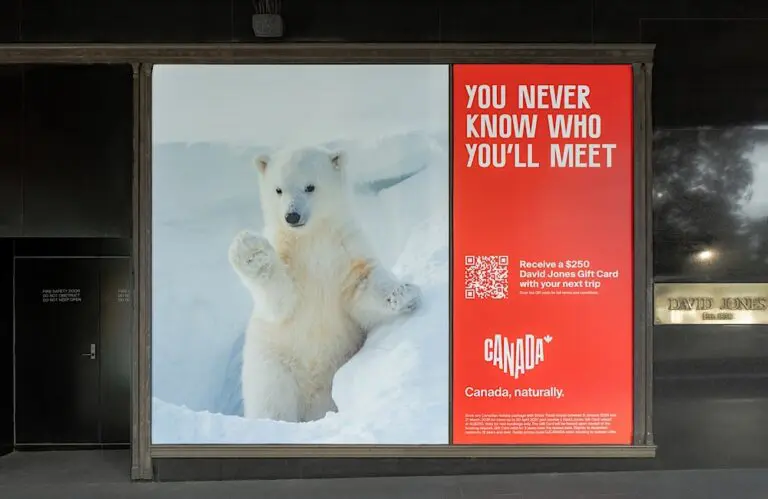We often imagine holidays as a highlight reel of cocktails, sunsets and stress-free bliss. In reality, they are often the ultimate relationship pressure cooker. Nearly one in five Australians admit their trips have ended in an argument. Maybe it’s the mate who thinks a meeting time is a suggestion, the partner surgically attached to their phone, or the lost-in-translation data fail that leaves you spinning in circles down a cobblestoned back street.
These so-called travel ‘icks’ sound small, but they carry the explosive potential of a forgotten anniversary once fatigue, jet lag and sky-high expectations are in the mix.
The most common travel ‘icks’
A recent Vodafone survey highlights what irritates Aussie travellers most about their companions and strangers. Among the top offenders:
- The “human snail” — a perpetually late travel companion, flagged by 44% of respondents
- Phone addicts (43%) who scroll and snap more than they sightsee
- Fussy foodies (40%) who hunt for familiar menus instead of trying local dishes
- Budget police (35%) who monitor every dollar spent
When it comes to strangers, irritants include loud talkers in quiet spaces (49%), drunken behaviour (43%), littering (42%), putting feet on seats (36%), crowding the baggage carousel (30%) and clapping when the plane lands (24%).
These may sound like small annoyances, but they often sit at the centre of holiday friction and in some cases trigger full-blown arguments.
Why fights flare on holiday
Psychologists point to several reasons why arguments are more likely to occur while travelling.

Decision overload and interdependence
Couples who normally divide daily decisions find themselves making dozens together: where to eat, how much to spend, what to see. A study published in the Journal of Quality Assurance in Hospitality & Tourism found decision-making strategies between spouses directly influenced satisfaction on holiday, with domination or imbalance leading to lower emotional well-being.
Fatigue and stress
Travel often involves delays, long flights and disrupted sleep. Fatigue lowers emotional regulation, making irritations harder to brush off. Relationship experts note that tired couples are more reactive and less patient in new environments.
Unmet expectations
Holidays are often loaded with “this has to be perfect” pressure. When reality does not match the dream, frustration builds. Irish broadcaster RTÉ reported mismatched expectations around pace, activities and spending as key drivers of holiday arguments.
Loss of personal space
Back home, partners have work, hobbies and solo downtime. On holiday, those buffers shrink. Some thrive on constant togetherness, while others crave autonomy. Friction appears when those needs do not align.
Pre-existing tensions
Therapists warn that travel amplifies existing cracks in a relationship. Communication gaps or unresolved issues at home are likely to resurface under the strain of unfamiliar environments.
The modern role of phone fails
Technology has added a new dimension to travel fights. Around one in five Australians admit they have argued with their travel companions over mobile phone issues while abroad. The most common triggers include losing contact after splitting up in a city, getting lost without maps, or returning home to unexpected bills.
Connectivity can become a flashpoint because it underpins navigation, safety and social sharing. Without it, travellers feel exposed and arguments are more likely. For agents, that highlights why reliable roaming and connectivity advice can have practical value, even if phone plans themselves are outside the booking.

What travel professionals can learn
For agents, understanding why travellers clash matters because it impacts satisfaction and future sales. And since travel advisors already wear the hats of planner, problem-solver and part-time therapist, adding relationship referee to the job description might not be far off.
Build in breathing space
Itineraries that balance activities with downtime give couples room to reset, reducing decision fatigue and conflict.
Encourage expectation-setting
Pre-trip conversations about pace, budget and priorities can prevent mismatched assumptions. Agents who nudge clients to discuss these details before departure help safeguard the holiday mood.
Highlight connectivity and logistics
Simple add-ons such as maps, offline apps and roaming advice can reduce the risk of phone-related arguments. Even small recommendations can spare travellers conflict.
Offer conflict-reducing experiences
Suggesting low-decision days, guided tours or all-inclusive segments can take pressure off couples who struggle with constant choice
KARRYON UNPACKS: Travel fights are often rooted in stress, decision overload and mismatched expectations. Understanding these pressure points explains why holidays can quickly turn from dream escapes into testing grounds for relationships.






